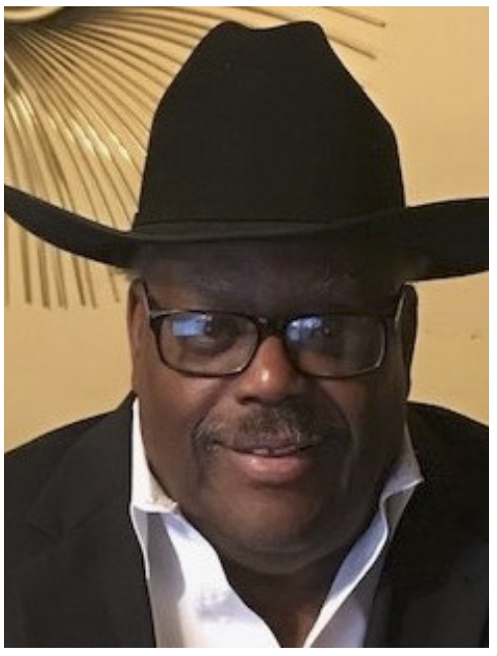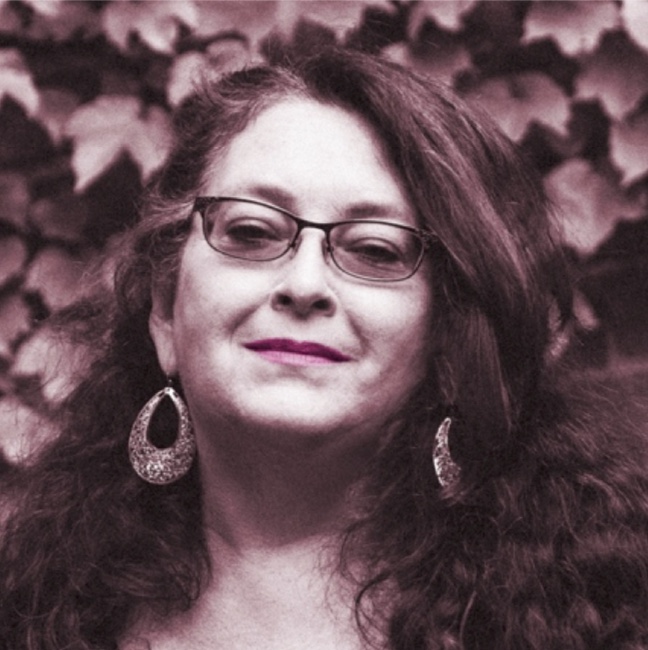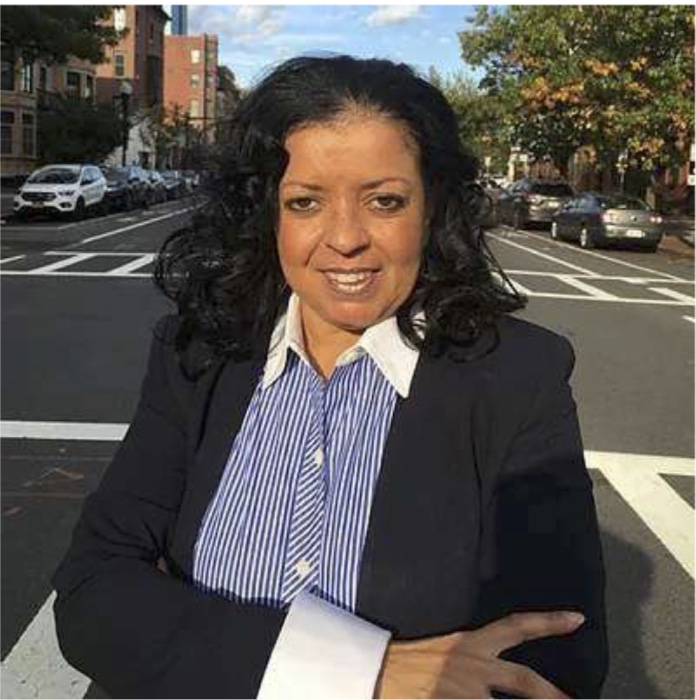In this week’s guest column, Diversity Consortium’s experts outline why both minority-owned firms and corporations need support to achieve lasting diversity, equity and inclusion (DE&I) success.
“After decades of stagnation, it’s time for corporations to go beyond words; and take actions that help create lasting wealth within communities of colour,” stated Michelle Sourie Robinson, President and CEO, MMSDC in a recent article. In the article, Robinson explains how the equity gap for minority firms can be cut from 333 years to 15 years.
Although one may point to a multitude of reasons why, there is one cause in particular identified by a man who committed his lifetime to supplier diversity. “There was never a comprehensive approach to making things happen,” said Chick Lee, a true visionary and founding member of the Diversity Consortium. Lee had over 56 years of business and strategic alliance experience. He was also the US National Minority Business Enterprise Input Committee Chair from 1996-2002, representing 12,000 minority businesses. Although he passed away in January of 2021, Lee’s passion to improve the supplier diversity landscape has continued through the work of the Diversity Consortium. Lee used the concept of an XBE as an all-inclusive term representing all disadvantaged businesses.

SUPPLIER DIVERSITY VISION
It was with this vision, that the Diversity Consortium (DC) was founded; to overcome decades of sluggish supplier diversity growth through a three-prongued strategy focused on corporations, XBEs and our communities. From a corporate standpoint, the DC brings together all aspects of supplier diversity including corporate strategy, training, outreach, onboarding, vetting and community socio-economic reporting.
From an XBE perspective, the DC provides mentoring, coaching, training and capital support. Our goal is to help corporations align their diversity strategies and efficiently implement their programmes while supporting the XBE supply base with the tools and resources they need to be successful. “Execution of salient, proven methodologies through the Diversity Consortium provides a refreshing guidepost to what has been a dark and difficult-to-navigate landscape” stated Moir Donelson, President and COO of the Diversity Consortium, and former CEO of a food packaging XBE; that tripled its revenue in 5 years under his leadership, becoming a model XBE in the supplier diversity space.
MINORITY BUSINESS CHALLENGES
Tina Andrews at Supplier Diversity Experts has read and heard about stories like this for the past five decades. The US Federal and State government mandated that contractor’s level the playing field for XBEs. However, the private sector does not have a higher authority to mandate the support of diverse business development.
People of colour now start businesses at a higher rate than White Americans, yet they continue to experience the smallest growth. “Now we know it is not because we cannot produce good products and services,” commented Andrews. In fact, a study on just 12,000 minority business enterprises, found they generate more than $1USD billion a day in economic output. “However, these firms lack the necessary social and economic capital for business development. This is not only troubling, but inequitable. We live in a society where our access to capital determines the food we eat, when we can retire and our life expectancy. Without capital, the racial wealth gap continues widening,” explained Andrews
Supplier diversity may be an unfamiliar term, but it simply refers to proactive decisions by businesses and government agencies to contract with businesses owned by people of colour, women, veterans and individuals who identify as LGBTQIA+. The effort started right alongside the Civil Rights Movement’s fight for economic freedom. Organisations such as the National Minority Supplier Diversity Council and like-minded individuals move this forward by bridging the gap between businesses of colour and corporate and public-sector purchasing. But it simply is not enough.
REDUCING SUPPLIER DIVERSITY DISPARITIES
We know that corporations and governments spend billions of dollars every year on outside goods and services. Where that money goes matters and targeting it toward underserved communities can have a lasting impact. These dollars create economic ripples that promote business growth, job creation, and drive innovation across generations.
“There’s a reason we came together to form the Diversity Consortium. We plan to reduce the supplier diversity disparities from centuries to decades,” added Dee Sabol, a DC Board member and Executive Director of Diversity Council; an organisation that has spent more than 30 years ensuring that individuals, organisations and communities understand the power and potential of equitable and inclusive ecosystems. “Our co-founder Chick Lee put forth the vision of an equitable economic landscape. We’re here to make the vision a reality,” concluded Sabol.
AUTHOR BIOGRAPHIES

Dee Vazquez Sabol is Executive Director of Diversity Council. She brings experience in cross-cultural communication and change management and has spent time managing public affairs, strategic partnerships and community and cultural engagement in several states. She is also engaged in public and private sector collaboration, social justice and equitable growth. In her current work, Sabol is focused on civic equity, educational equity and health equity, particularly equitable economic development, community safety and public policy design.

Tina M Andrews is Founder & Managing Director of Supplier Diversity Experts, LLC. She has more than 25 years of experience in the Supplier Diversity arena, developing and creating business opportunities for minority, women and diverse-owned businesses and fostering economic development and bring new jobs to the New England region. Andrews is also former President & CEO of the New England Minority Supplier Development Council, Inc. (NEMSDC), a private non-profit organisation that expands business opportunities for minority-owned companies of all sizes by partnering them with Corporations in support of minority business development. Most recently, she was the Supplier Diversity Manager for the World’s largest railcar manufacturer, the China Rolling Railway Corporation.







































